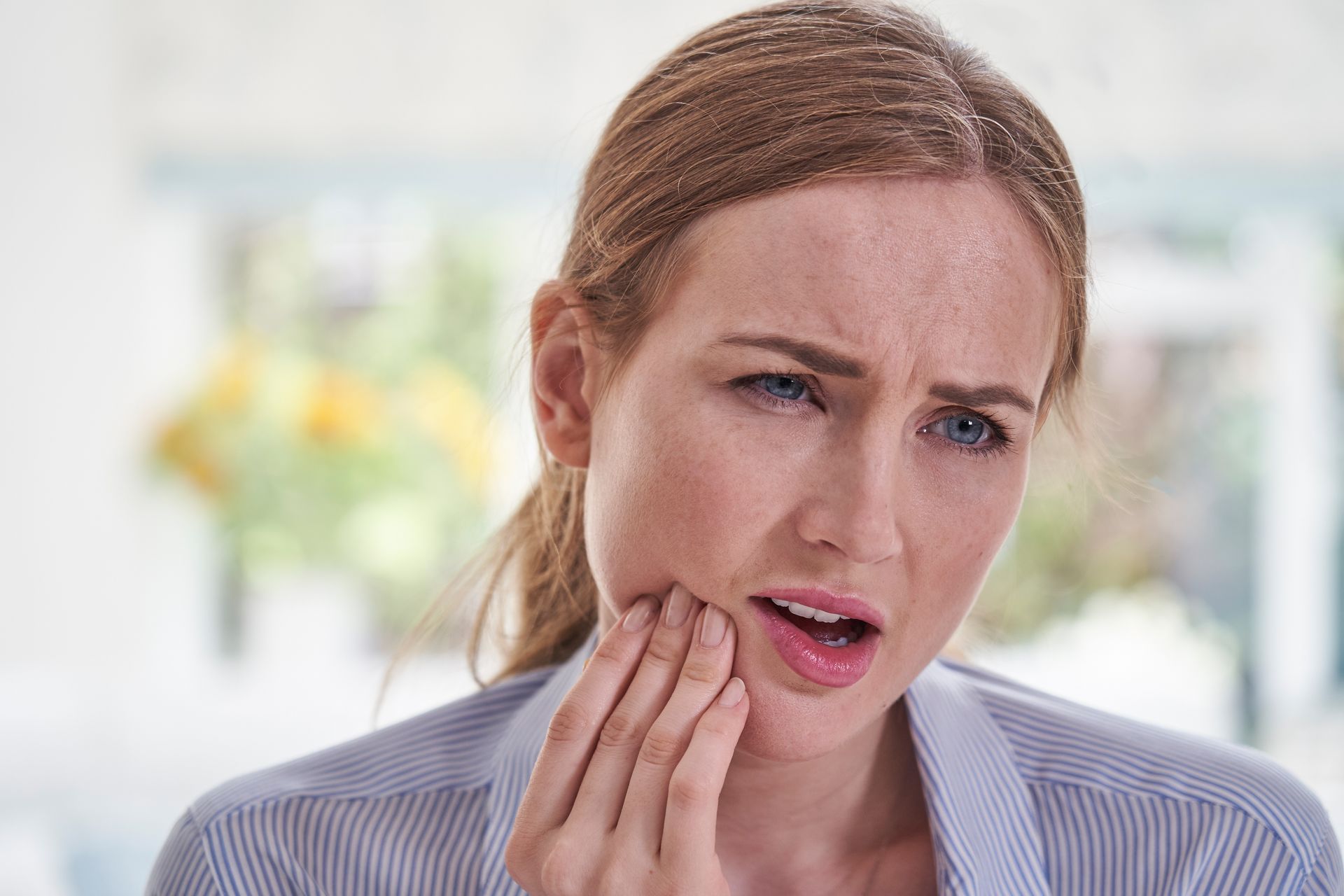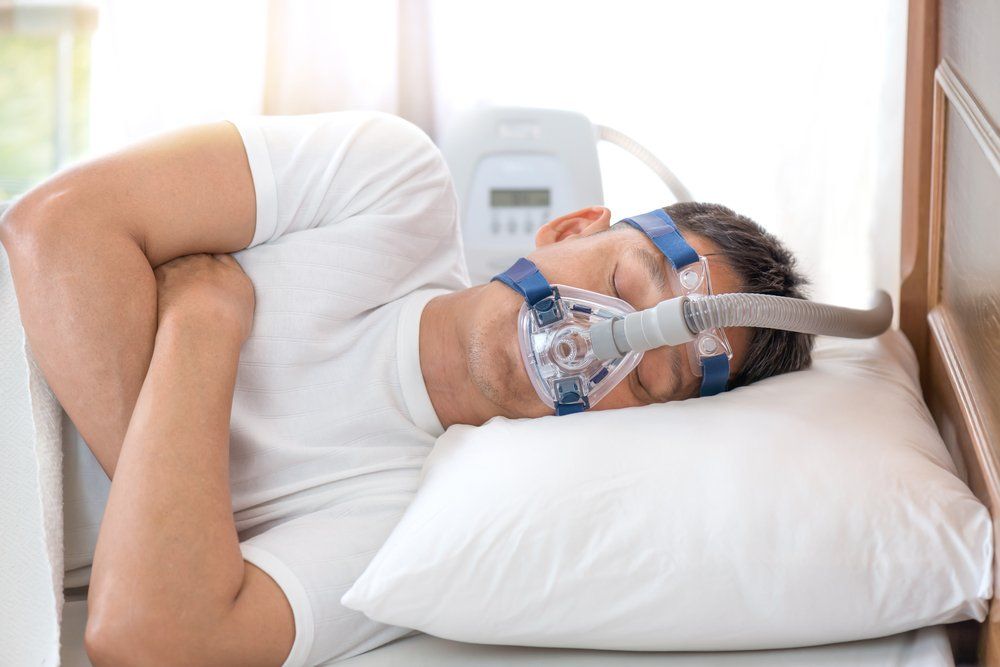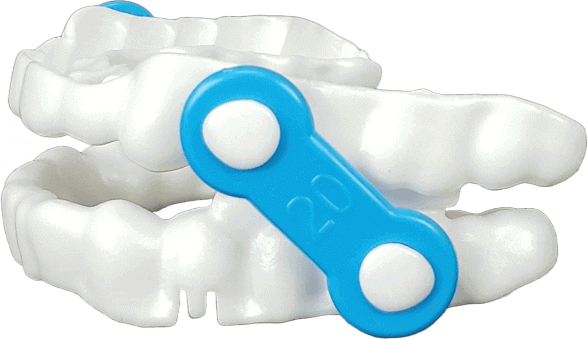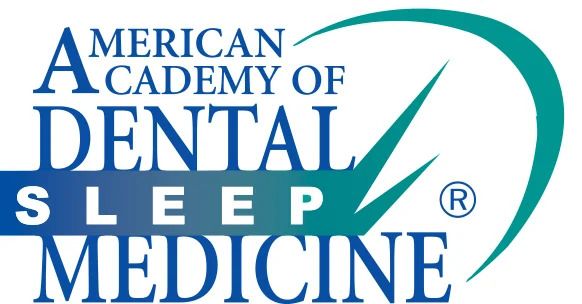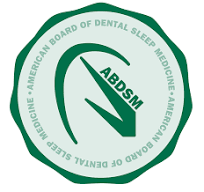Is Sleep Apnea Hereditary?
If a family member suffers from obstructive sleep apnea (OSA), are you at risk of developing this potentially life-threatening condition, too? Although the exact genetic connection to OSA is unclear, it appears there is a hereditary link. In fact, compared to the general public, you may have a 50 percent greater risk of developing OSA if you are a first-degree relative (a sibling or a child) of an affected individual.
While there are various causes and risks for developing OSA, a serious disorder where your breathing repeatedly stops and starts while sleeping, effective treatment from experts such as Dr. Katherine S. Phillips is available. With years of experience and specialized education, Dr. Phillips develops customized treatment plans for mild to moderate OSA that include state-of-the-art oral appliance therapy.
Sleep Apnea and Genetics
Everyone inherits genes from their biological parents. It’s how certain traits as well as some diseases are passed down from parents to child. Scientists have linked specific genes to a growing number of conditions and diseases. Have they found a specific link for OSA, too? The answer is, they’re working on it. Researchers recently made progress by identifying 57 genetic variations of a gene strongly associated with declines in blood oxygen levels during sleep, a clinical indicator of the severity of sleep apnea.
But it doesn’t require linking specific genes to OSA to understand there’s a connection with your genetic makeup. Inherited anatomical features such as having a thicker than normal neck circumference or a narrower than normal airway are OSA risk factors. (With OSA, soft tissues of the mouth and throat collapse during sleep which partially or completely block your airway and prevents air from reaching the lungs, which causes your body to panic and awaken you to start breathing again.)
Sometimes a combination of environmental influences, learned behaviors, and genetics can put you at risk for developing OSA. One example is obesity. Among the risk factors for OSA, obesity is one of the most important because fat deposits around your upper airway can obstruct breathing. It’s important to note, however, that not everyone who has OSA is overweight.
Likewise, lifestyle decisions and behaviors can also put you at risk for developing OSA, such as smoking, vaping, and use of alcohol. Even some prescription medications, such as tranquilizers, increase your risk of developing OSA.
What About Snoring?
Causes & Risk Factors
OSA can affect anyone, men and women alike, even children. Certain factors increase your risk. Some of these were previously mentioned in this article, such as:
- Obesity or being overweight.
- Specific anatomical features, such as a narrow airway, a deviated septum, or a larger neck circumference.
- And lifestyle choices, such as alcohol consumption and smoking.
- Being older. Sleep apnea occurs significantly more often in older adults.
- Being a male. There is a higher prevalence of OSA in men compared to women. Additionally, OSA is more severe in men compared with women matched for body mass index.
- Nasal congestion. If you have difficulty breathing through your nose — whether from an anatomical problem or allergies — you're more likely to develop obstructive sleep apnea.
- Asthma. Research has found an association between asthma and the risk of OSA. Moreover, effective treatment of OSA can favorably impact asthma control.
- Sleep position. People who sleep on their backs tend to experience more snoring than those who sleep on their side or stomach due to the position of the tongue which may fall back into the mouth and block your airway.
- Chronic medical conditions. If you suffer from type 2 diabetes, high blood pressure, heart disease, or have an endocrine or metabolic disorder, there is a significant chance that you may also be suffering from OSA.
Get Diagnosed to be Certain
Learn more about obstructive sleep apnea, and if you habitually snore or if you experience excessive daytime sleepiness, headaches, awaken with a dry mouth or sore throat, or other OSA symptoms, it is important to get diagnosed by a sleep medicine physician and then treated by an experienced expert such as Dr. Katherine S. Phillips. She holds a Master of Science in Orofacial Pain, is board certified in dental sleep medicine, and has dedicated her practice to treating sleep disorders, including mild to moderate obstructive sleep apnea, as well as TMD.
-2700x842-1920w.png)






